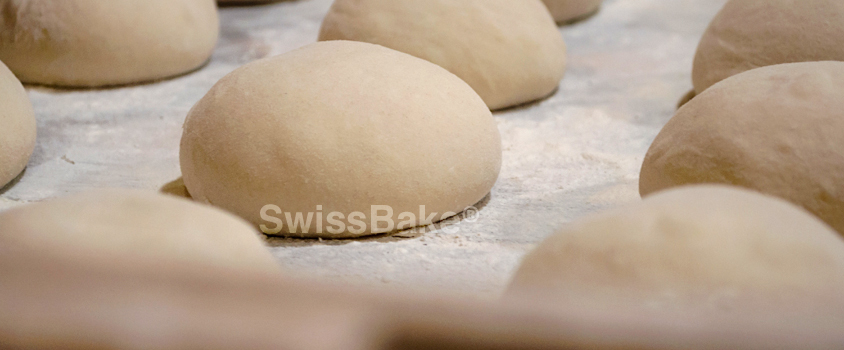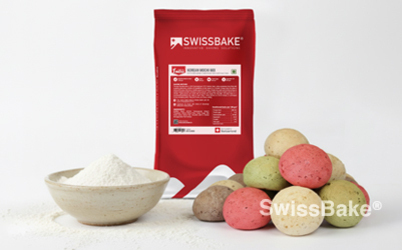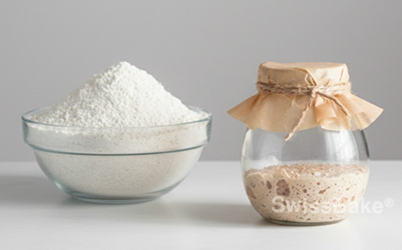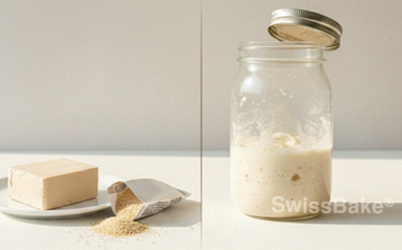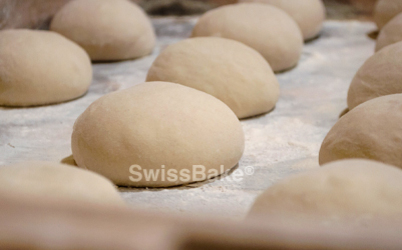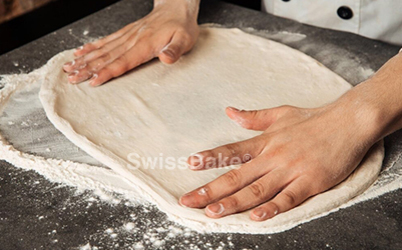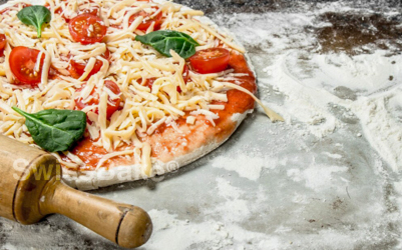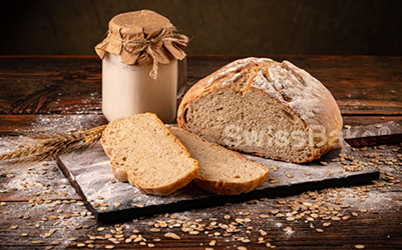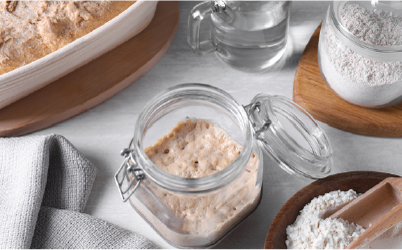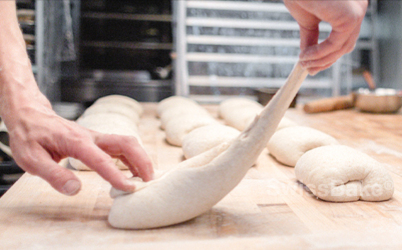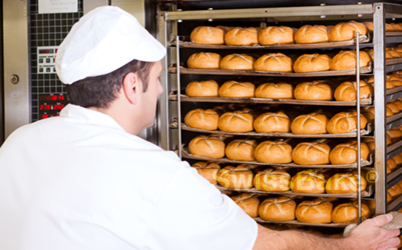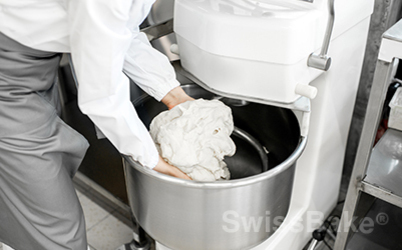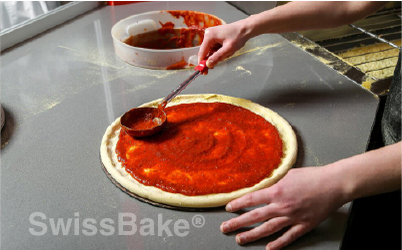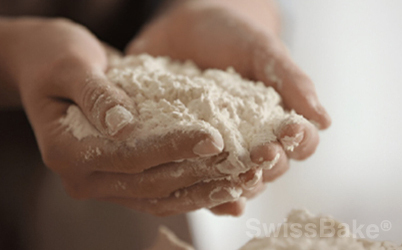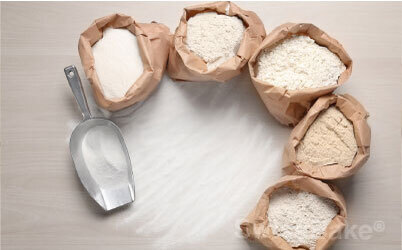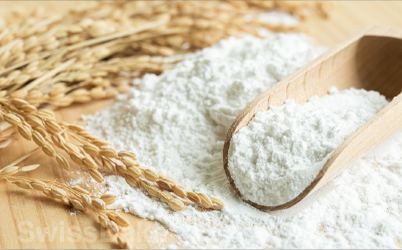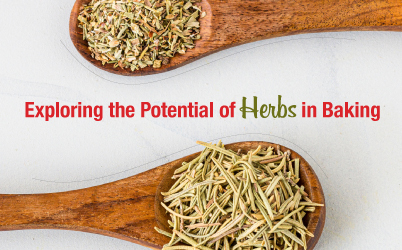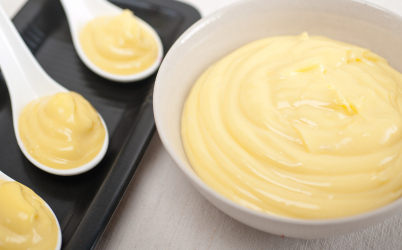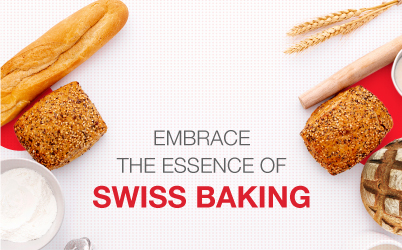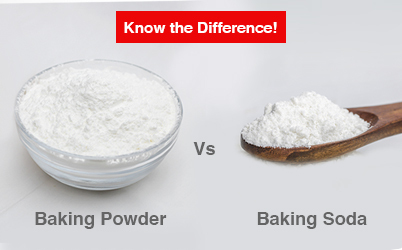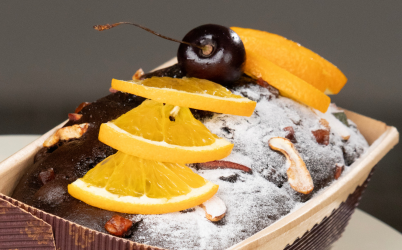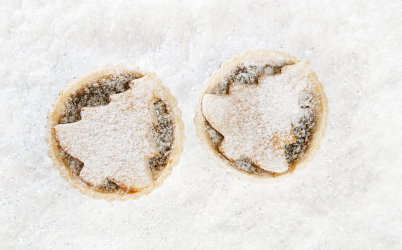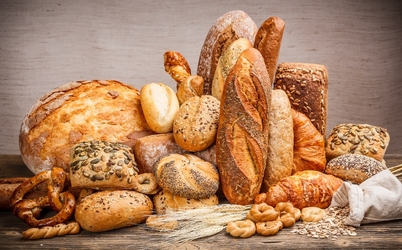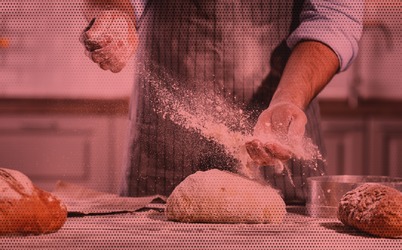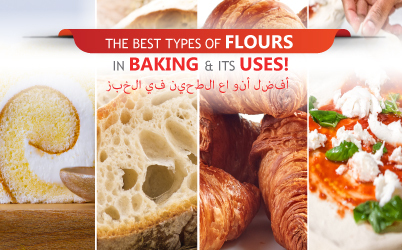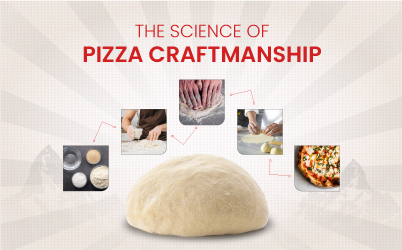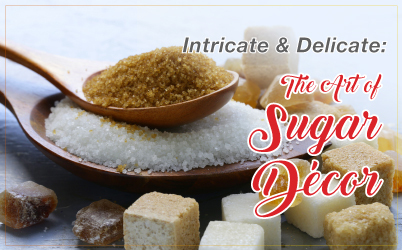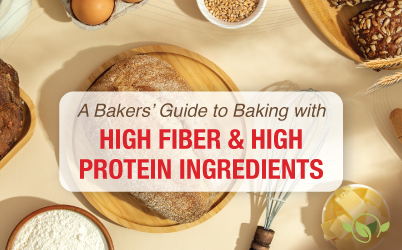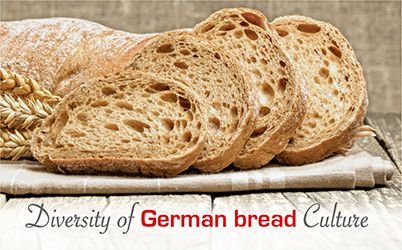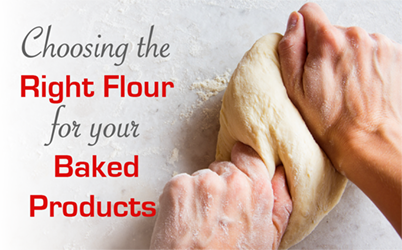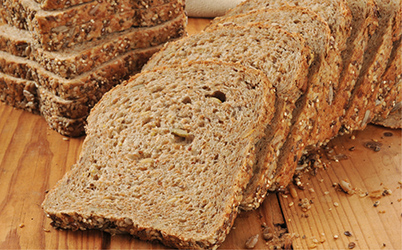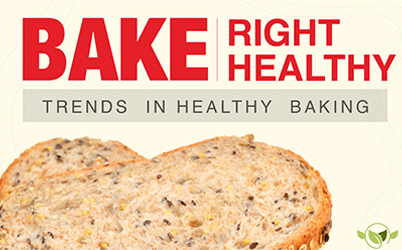Dough Improvers vs Dough Conditioners: Are They the Same?
For pizzerias, bakery kitchens, and HoReCa establishments, achieving consistent, high-performing pizza dough is essential — especially when operating under pressure during peak hours. As chefs and professionals refine their dough handling processes, two terms often emerge in conversation and product sourcing: dough improver and dough conditioner.
But are these two the same? Or do they serve different functions?
Let’s break it down.
What Are Dough Improvers?
Dough improvers are functional blends of enzymes, oxidizing agents, emulsifiers, and other ingredients designed to enhance the dough’s structure, stability, and performance during fermentation and baking.
Common Functions:
- Strengthen gluten structure
- Improve gas retention during proofing
- Shorten proofing time in fast-moving kitchens
- Enhance crumb softness or crust crispness
- Extend shelf life of baked pizza bases
Suitable For:
- Extended fermentation or proofing
- High-hydration doughs
- Multi-batch operations with variable ingredient quality
In pizza applications, dough improvers are particularly helpful when:
- Dough is subjected to long fermentation (e.g., 18–72 hours)
- There’s a need for reliable shaping and consistent oven spring
- Maintaining volume, stretch, and surface structure matters across batches
What Are Dough Conditioners?
Dough conditioners are a broader category that includes improvers — but with a more targeted approach to modifying dough behavior during preparation, fermentation, and baking. The goal is to standardize performance across environmental and operational variances.
Common Functions:
- Modify dough elasticity and extensibility
- Improve dough machinability and handling
- Prevent shrink-back during shaping
- Enhance crust texture and internal crumb structure
- Reduce stickiness during processing
Suitable For:
- Dough used across different stations or shifts
- Retarded (cold fermented) or frozen dough systems
- Pizza styles requiring shaping precision (Neapolitan, Roman, etc.)
Think of dough conditioners as “control tools” — they stabilize the dough’s behavior so that the final outcome stays consistent regardless of:
- Room temperature shifts
- Mixing methods
- Holding time before baking
So, Are They the Same?
|
Feature |
Dough Improver |
Dough Conditioner |
|
Purpose |
Enhance performance |
Modify behavior |
|
Focus |
Gluten development, volume, shelf life |
Handling, shaping, and stability |
|
Application |
Long fermentation, texture boost |
Cold storage, shaping, machinability |
|
Format |
Enzyme and additive blends |
Enzyme-emulsifier-protein blends |
|
Use Case |
When dough fails to rise or lacks volume |
When dough tears, shrinks, or feels sticky |
Why It Matters in Pizza Dough Production
In a commercial kitchen or pizzeria, where dough behavior must remain consistent regardless of who’s making it, both conditioners and improvers can be essential tools — especially when your dough preparation spans:
- Multiple shifts
- Cold storage cycles
- Variable flour or hydration levels
MORCOTE® Professional-Grade Dough Solutions
MORCOTE® offers two functional pizza dough solutions designed specifically for professionals:
MORCOTE® PZ 20 – Pizza Dough Improver
Designed for: Long-fermentation doughs, extended hydration, high-volume shaping
Key Benefits:
- Enhances extensibility and stretch
- Reduces stickiness and shrink-back
- Strengthens dough without added sugar or salt
- Suitable for flatbreads, tortillas & calzones as well
Best when: You need reliability in high-hydration, slow-fermented pizza doughs that need to be shaped cleanly without tearing.
MORCOTE® PZ 50 – Pizza Dough Conditioner
Designed for: Improving dough handling across multiple environments and baking systems
Key Benefits:
- Improves dough strength, stretchability, and structure
- Enhances crust texture (crispy yet chewy)
- Works well with retardation and extended proofing
- Contains advanced emulsifier blends & milk whey enzymes
Best when: You want precise dough shaping, smooth oven spring and crust consistency — especially across deck ovens or wood-fired setups.
When to Use What?
|
Use Scenario |
Recommended |
|
Dough is difficult to shape or shrinks after stretching |
Dough Conditioner |
|
Dough lacks volume or structure post-bake |
Dough Improver |
|
You're managing cold fermentation over 24–48 hours |
Dough Conditioner |
|
Standardize dough across shifts or baker skill levels |
Both |
|
Pizza crust texture feels inconsistent |
Both = Conditioner (for shaping) + Improver (for oven spring) |
Best Practices for Pizzerias & HoReCa Kitchens
- Always test in small batches first. Different styles of pizza dough (Neapolitan vs Roman) may react differently.
- Avoid overuse. More isn’t better. Excessive use can lead to gummy or overly tight dough.
- Pair with the right flour. Using dough conditioners or improvers with a professional-grade 00 flour, like MORCOTE® 00 Pizza Flour, yields best results.
- Train your staff. Conditioners and improvers may not behave the same as regular flour blends. Educate your team on mixing time, proofing duration, and shaping techniques.
Dough conditioners and dough improvers are both valuable tools in a professional chef's arsenal — but understanding their differences is key. Whether you're facing shaping inconsistencies or lacking fermentation strength, using the right solution can lead to more predictable, consistent pizza dough in your kitchen.
With MORCOTE® PZ 20 and MORCOTE® PZ 50, you have targeted solutions that match real kitchen needs — from prep to plate.
Knead help choosing the right solution for your setup? Click on the WhatsApp icon to chat or fill-up the contact us form on https://morcote00.com/pages/contact !

